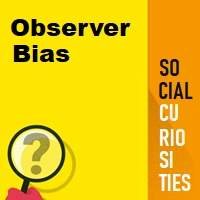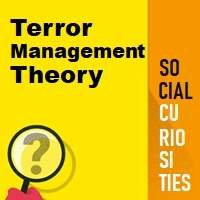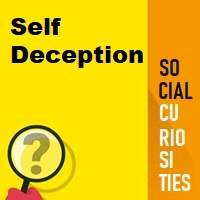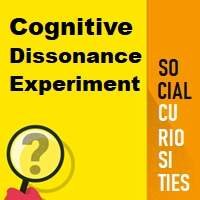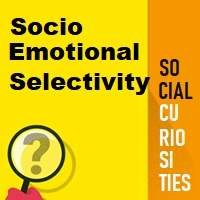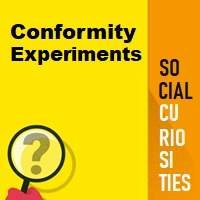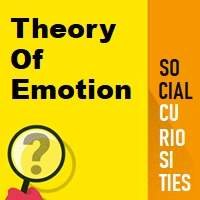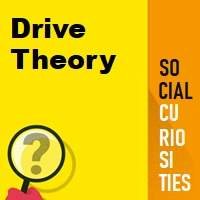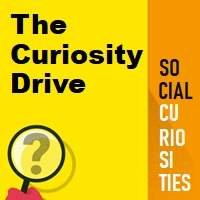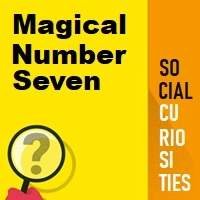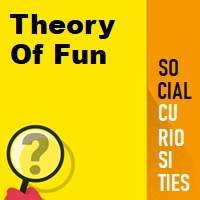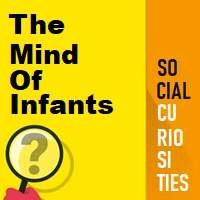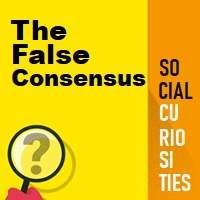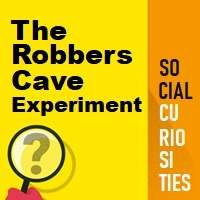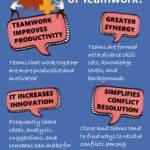Category: Social Curiosities
Dunning-Kruger Effect
The Dunning-Kruger effect is a cognitive bias whereby people with limited knowledge overestimate their own knowledge
Observer Bias
Observer bias occurs when the person has a personal judgment that affects their ability to reach an unbiased conclusion
Terror Management Theory
The focus of Terror Management Theory research is to know how fear of death influences human thinking and behavior
Self-Deception
Self-deception involves convincing oneself of a truth or lack of truth so that one does not reveal any self-knowledge of the deception
Groupthink
Groupthink is a psychological theory that involves the idea of humans in groups conforming to an idea without having the facts
Cognitive Dissonance Experiment
The Cognitive Dissonance Experiment is based on the theory that people hold many different cognitions about their world
Socioemotional Selectivity
The theory of Socioemotional Selectivity is another lifespan theory that helps explain the shift of personal goals and behaviors with age
Conformity Experiments
The Asch conformity experiments were a series of psychological experiments conducted by Solomon Asch in the 1950s
Theory of Emotion
In 1962, at Columbia University, Schachter and Singer conducted an experiment to prove their theory of emotion
Drive Theory
Drive theory combines motivation, learning, reinforcement, and habit formation to explain and predict human behavior
The Sleeper Effect
The sleeper effect is studied by social psychology as it relates to repetitive advertising and delayed persuasion
Pavlov’s Dog
Pavlov’s dog turned out to be one of the most fundamental experiments in all of psychology for its findings on conditioning.
The Curiosity Drive
The Curiosity Drive theory suggests that people desire coherence and understanding in their thought processes
Magical Number Seven
The Magical Number Seven experiment purports that the number of objects an average human can hold in working memory is seven plus or minus two
Theory of Fun
The principle behind the Theory of Fun is that the easiest way to change people’s behavior is to do the actions with fun.
The Minds of Infants
In 1961 Fantz aimed to better the understanding of what occurs in the minds of infants by observing what they pay attention to most
False Consensus
The false consensus bias is the tendency to see our own attitudes, beliefs and behavior as being typical, correct and normal
Robbers Cave Experiment
In the mid-1950’s Muzafer Sherif and others carried out the Robbers Cave experiment on intergroup conflict and co-operation

